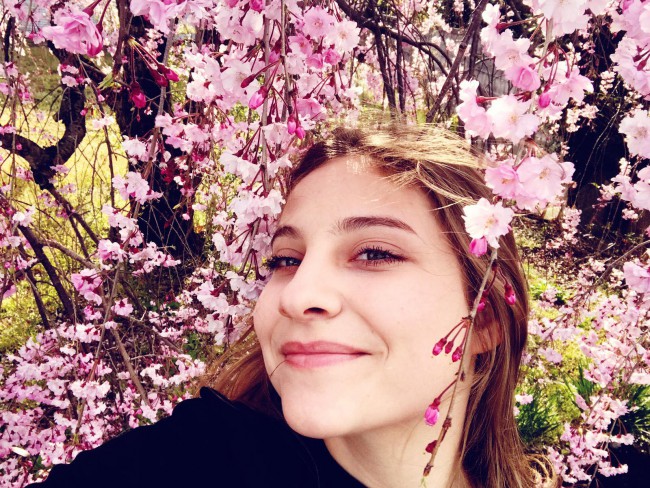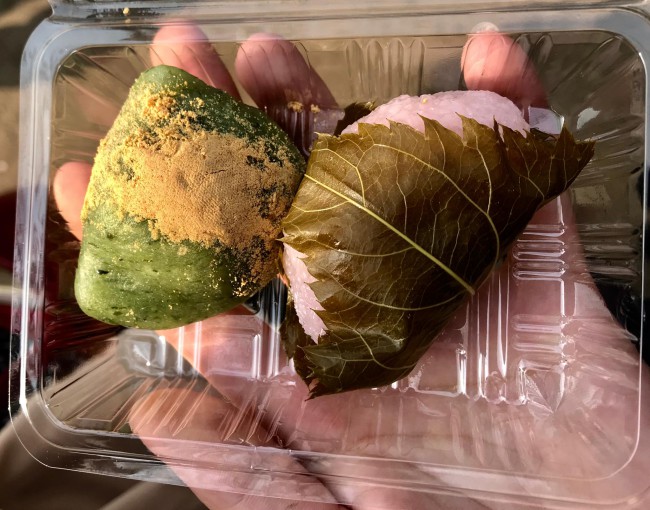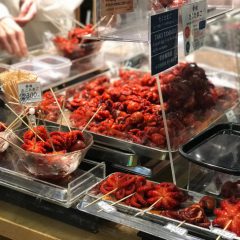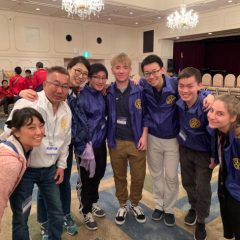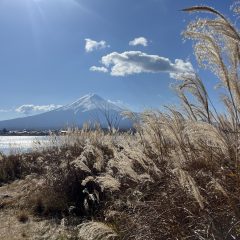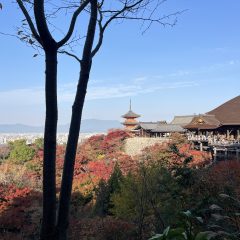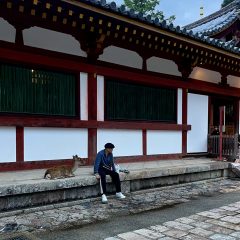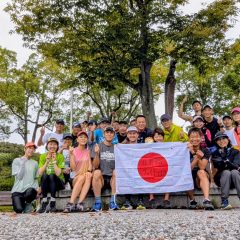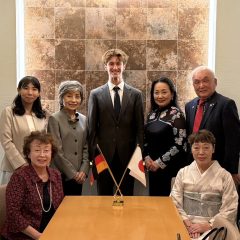☆☆☆ 2nd report of Mona Meiller, 17th scholarship holder of Grünwald foundation☆☆☆
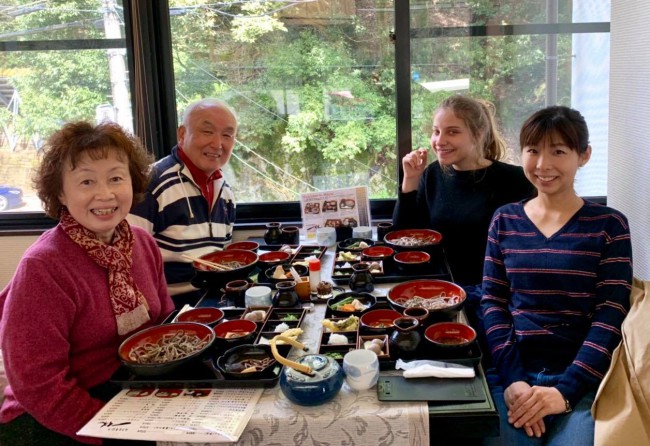
Mid-April Mr Okamoto organized a three-day trip to Toyama. Besides some sightseeing, we also planned to visit his parents-in-law, which live in an original Japanese house. Although the parents of Ms Okamoto are way over 90 years old, they appear to be very fit mentally as well as physically. They shared their personal thoughts, opinions, and war experiences with me. Even though I was not able to have an active conversation with them, I was very moved to hear them speak.
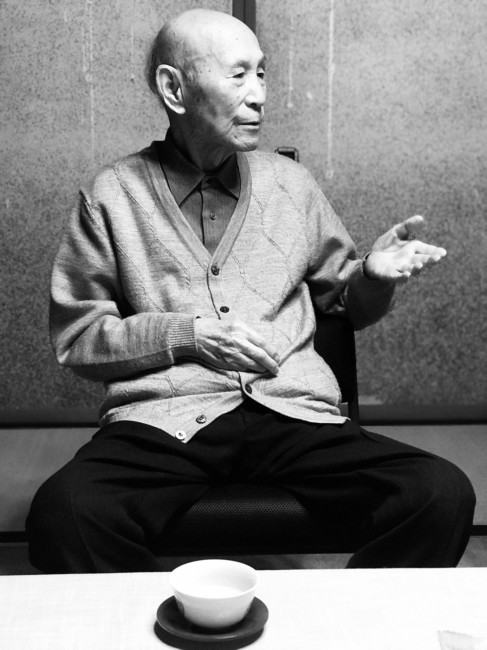
As part of our trip we visited the ‘Shirakawa village‘ in Tokayama which is a UNESCO World Heritage since December 1995.
It’s houses are famous for their steep roofs which are connected over massive wooden beams, shaped like hands folded in prayer. Considering the fact that Tokayama is known for its heavy winters, these houses are unique to the region, being able to endure snowfalls of up to 4 meters. We also had the chance to see one of the houses from the inside, which gave us an immediate feeling of how live had been back then. It was an outstanding experience.
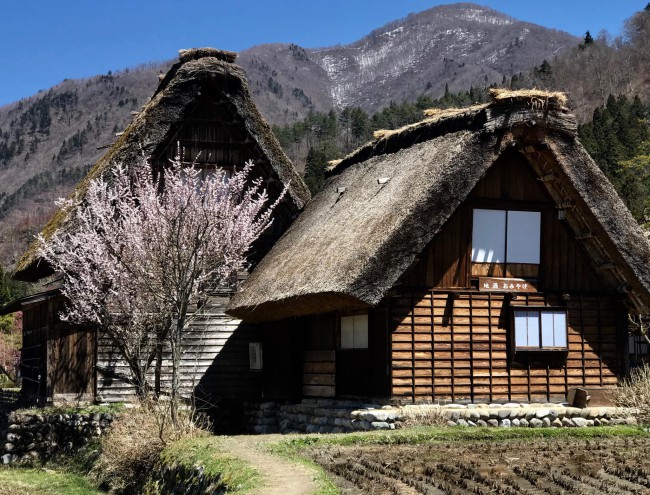
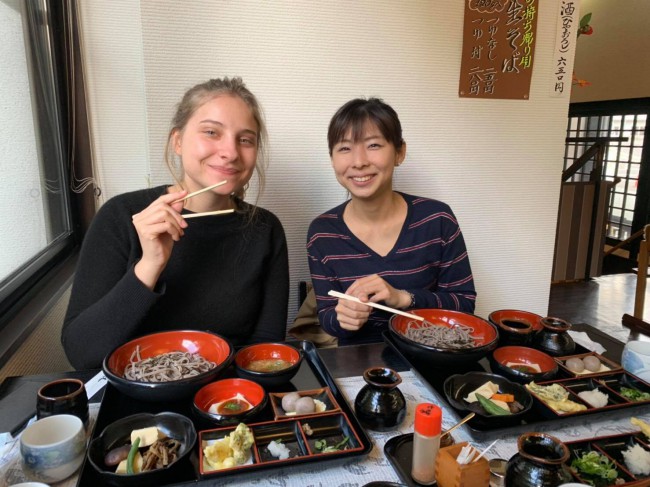
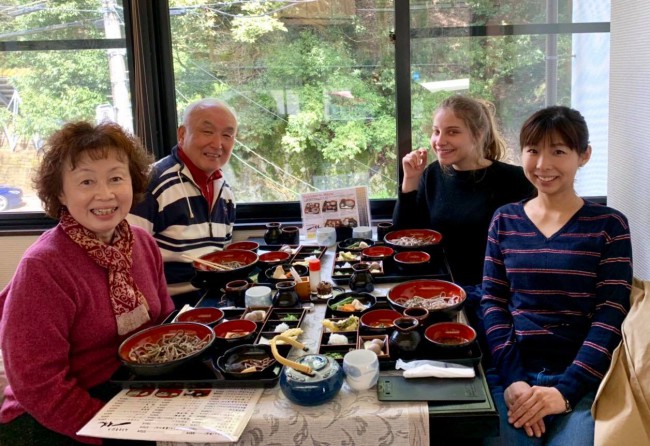
Later that day we had dinner at a traditional ‘Shabu Shabu’ restaurant. ‘Shabu Shabu’ is like a Japanese hot pot served with fresh vegetables, tofu, mochi and beef. I was amazed by all the various ingredients, but even more so by how the dinner was presented. Every single time the waitress entered our dining room, she kneeled down, bent over and touched the floor with the palms of her hands. Mr Okamoto explained that this is a sign of deep respect and acknowledgment for the guest and the served dishes.
Furthermore, the doors leading into the dining rooms are purposely build smaller than regular doors, so that the entering person is obliged to bend down.
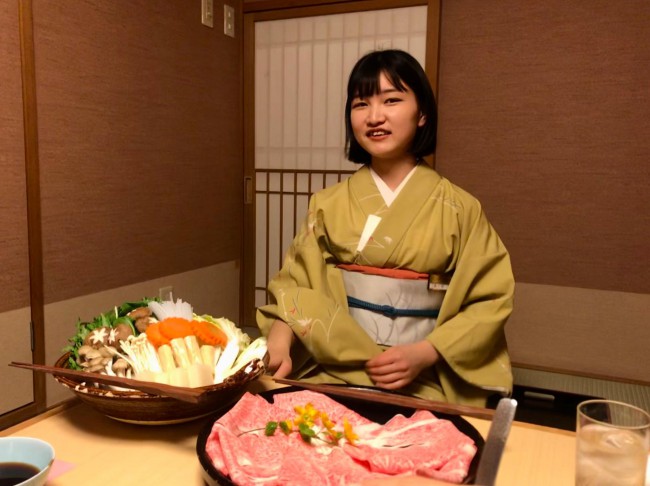
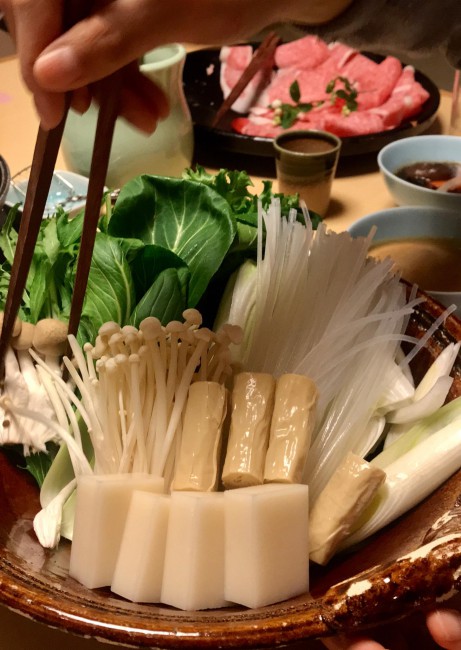
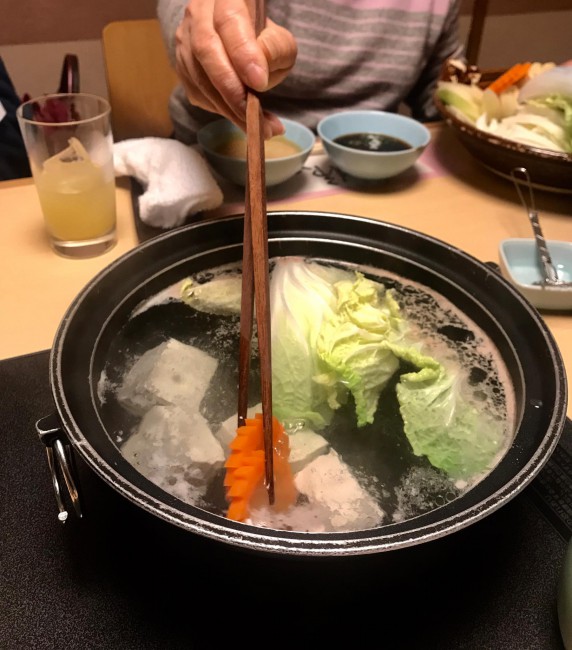
It appears to me that Japanese perceive being egoistic as one of the worst characteristics one could possibly have. In contrast to other countries people even show deep consideration for one another in in the day to day life. For instance, I haven‘t heard one single honking car since I am here. 😉
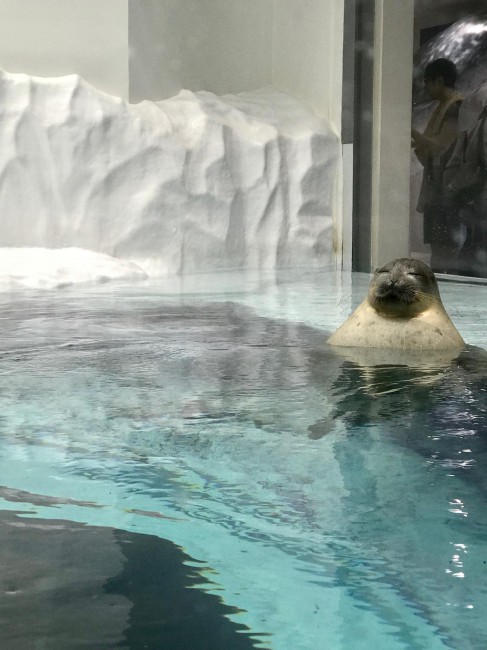 Osaka Aquarium Kaiyūkan
Osaka Aquarium Kaiyūkan
Unfortunately I have also noticed that most Japanese struggle to speak English. As a result, some of them are a little shy and try to avoid English conversations. I noticed this in particular during my first week and wondered how that is even possible. Since the Japanese school system is known for being very strict and challenging. To my great surprise, I was told that English lessons in Japan are mainly focused on written English rather than the practice of pronunciation and conversational skills. I think that is a pity. What do you gain from being able to analyze English poetry but not being able to discuss it?
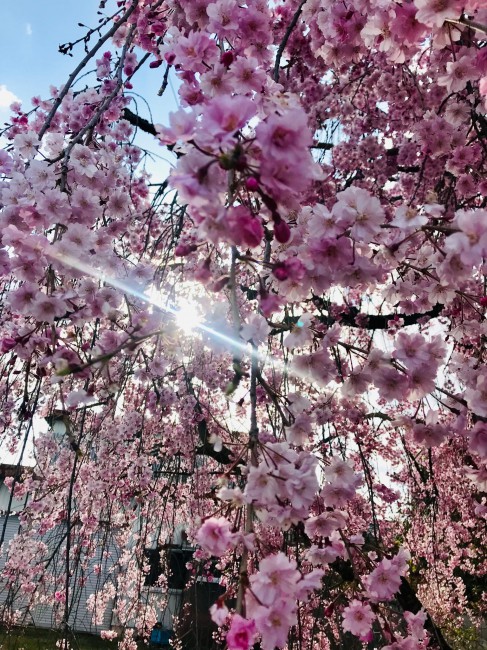
So after four weeks in Japan I have become well accustomed. I am being welcomed by name in the local gym where I signed up at. The Members there are mainly above 60 years. Last week an older man came up to me and gave me a little caramel treat. Of course sweets were the last thing I was expecting here but the old man just wanted to give me a little present in order to me make me happy, and it indeed did. That day I found out that it is a typical habit in Osaka and particularly for his generation to show kindness to foreigners this way. I am very impressed about the ambition and motivation of older people and how they focus on their fitness. They participate at various Yoga, aerobic and muscle workout classes whilst children practice their karate lessons next door. I think Germans would do well to draw some inspiration from them.
